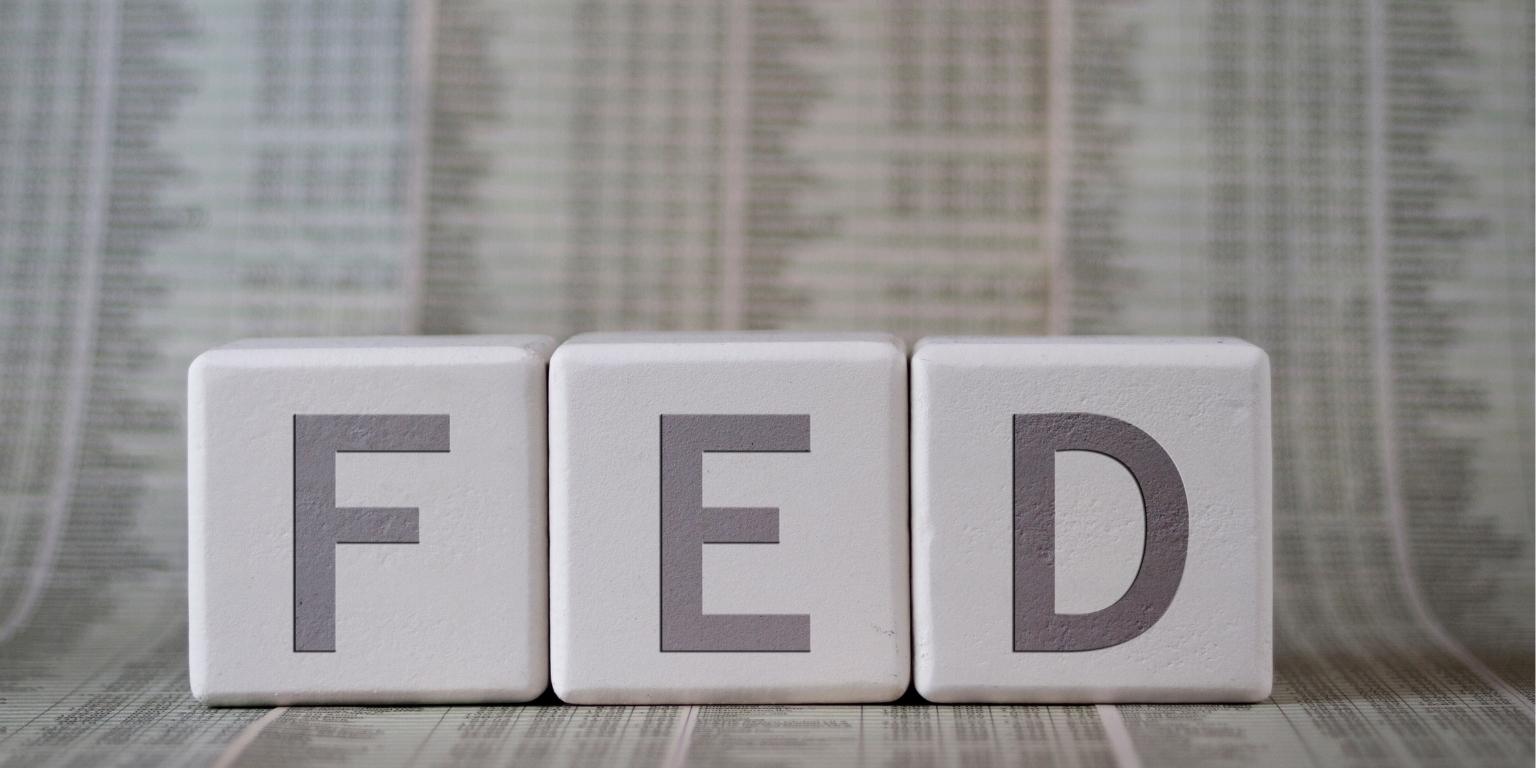As the United States prepares for the upcoming presidential election, discussions are emerging that the Federal Reserve may delay interest rate cuts until after the presidential election in November.
Federal Reserve Discusses Postponing Rate Cuts Amid Political Dynamics
This speculation comes in light of observations by Santander's Stephen Stanley, who suggests that US politics may affect the timing of monetary policy adjustments.
Stanley emphasized the complex relationship between the Federal Reserve and elected officials, noting that although the Fed operates independently, the political calendar can affect its decisions regarding monetary policy.
Stanley noted that the Fed's actions are of significant interest to politicians, underscoring some degree of alignment with the election calendar.
Stanley advocates postponing monetary expansion measures, citing expectations that the economic upturn will continue and inflation will exceed forecasts.
Drawing particular attention to the rescheduling of the FED's November meeting, Stanley stated that by moving this meeting back one day, the time was further removed from the election.
Stanley claims that if the election results are clear, the Federal Open Market Committee (FOMC) will likely feel free to initiate a new round of easing measures during its November meeting.
The prospect of delaying rate cuts underscores the complex interplay between economic imperatives and political dynamics as the Federal Reserve fulfills its role of stabilizing the economy amid broader national issues.
As the presidential elections approach, the timing of monetary policy decisions becomes more important and reflects the delicate balance between economic goals and electoral pressures.
*This is not investment advice.










